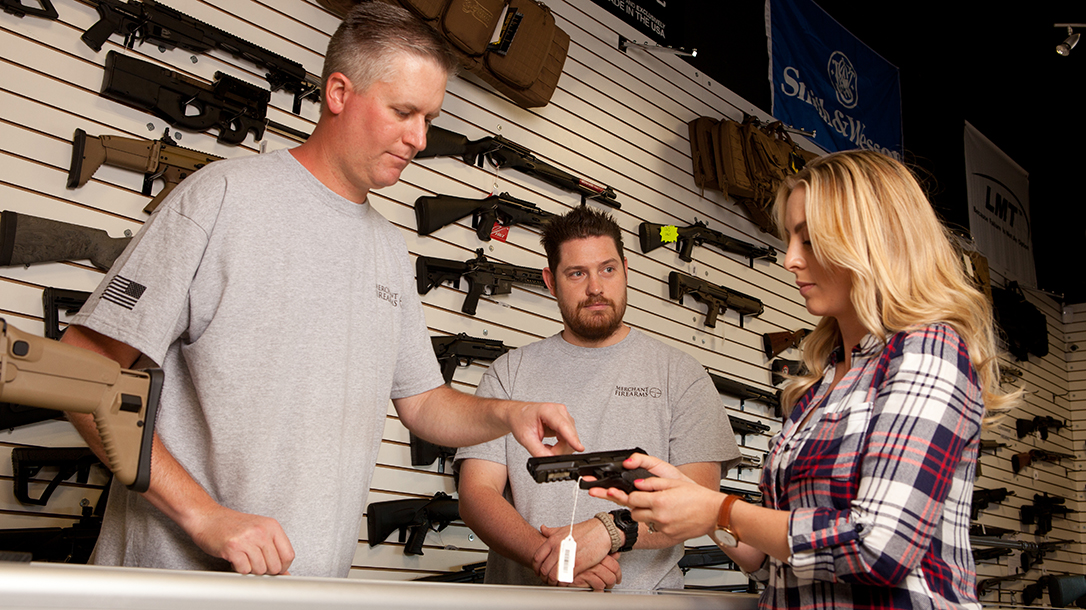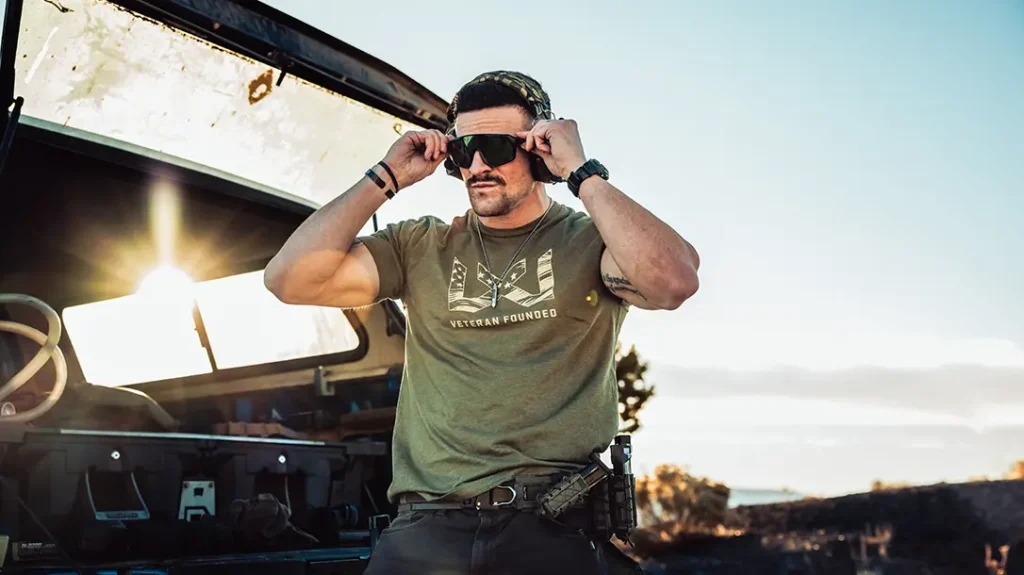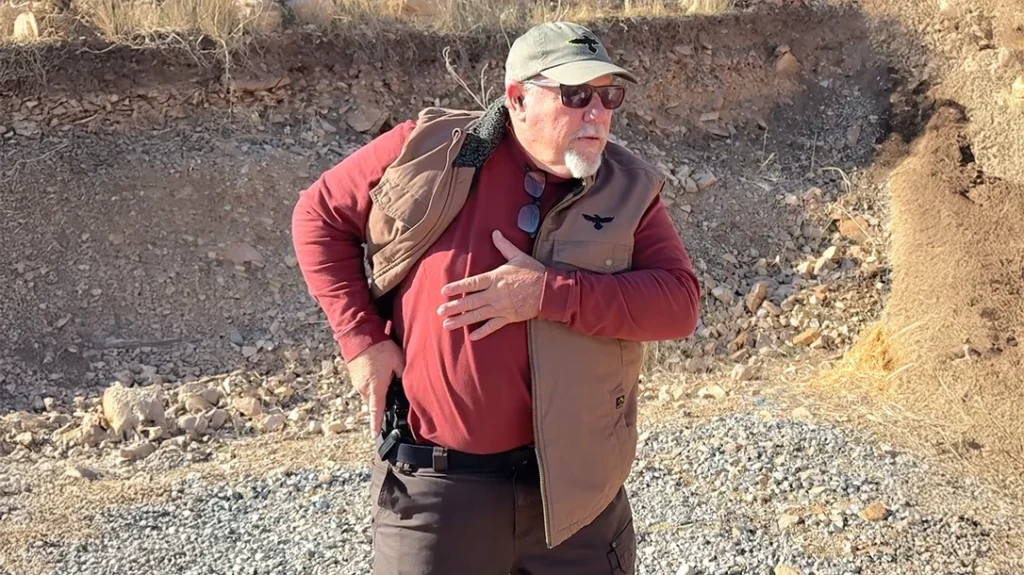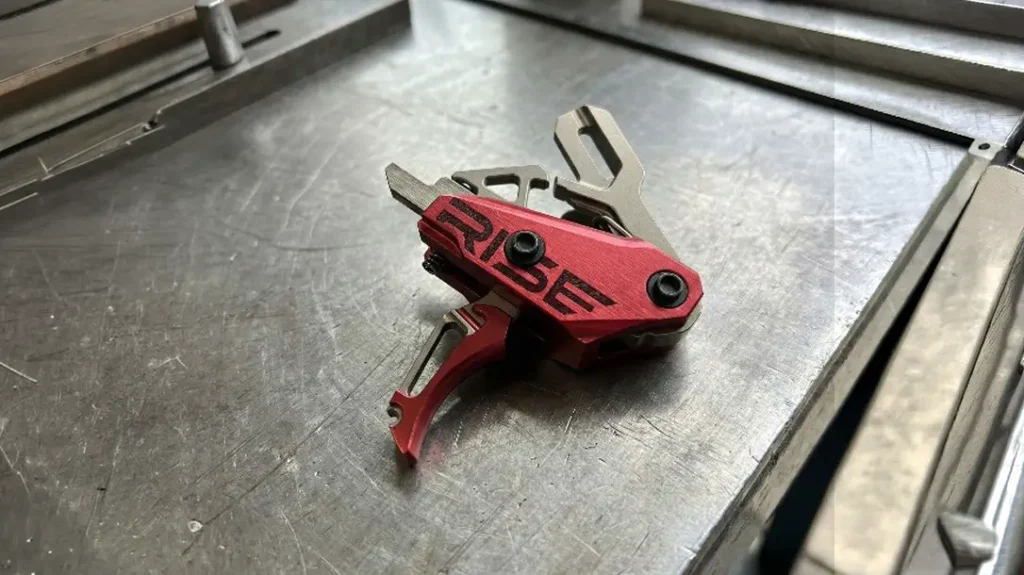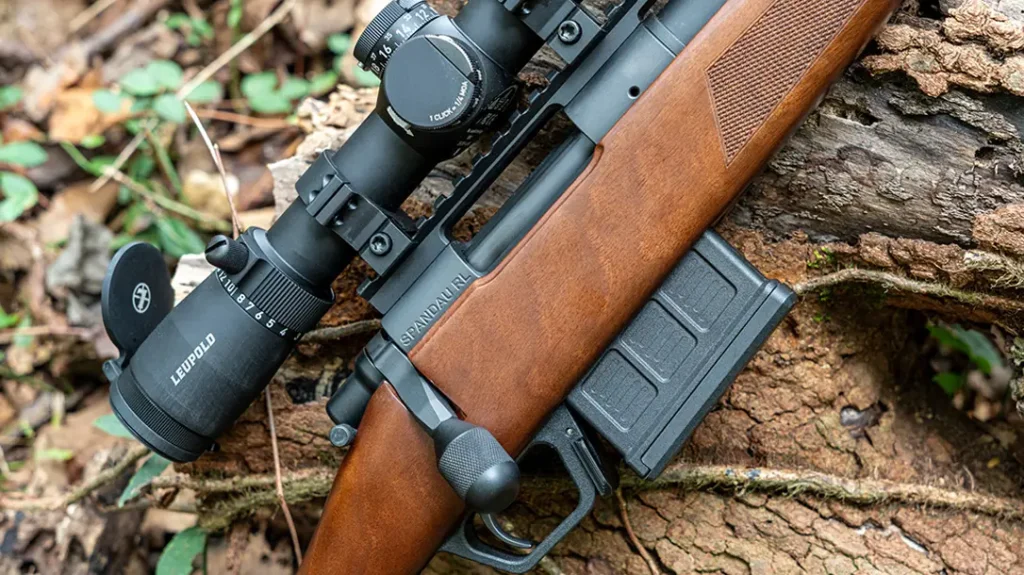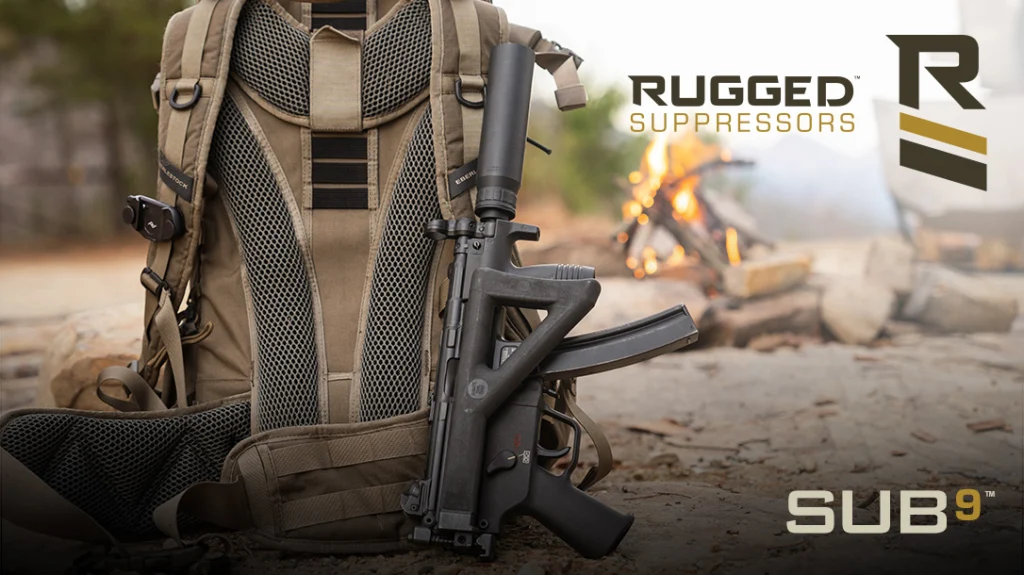Through our Shooting 101 series, we are striving to give pertinent information to prospective gun owners and new gun owners as they navigate the seemingly complicated world of guns and shooting. In this installation, we’ll jump into one of the most important aspects of gun ownership. Specifically, how to buy a gun and what you need to do in order to make a purchase.
How to Buy a Gun: First Steps
First, we’ll start with a few assumptions. The first is that you’re a law-abiding American citizen who doesn’t have any of the few disqualifiers on your record. The second is that you live in a state, as most do, that doesn’t require you to obtain a permit to purchase a gun.
If you live in one of the few states that makes you acquire a permit to purchase a firearm, either move to a free state or do diligent research to make sure you don’t fall into any traps.
Advertisement — Continue Reading Below
Guns can be legally obtained through two different methods. First, you can purchase a firearm from another lawful American. Second, you can buy a gun through a Federal Firearms Licensee (FFL) or gun shop.

However, guns can also be purchased online through retailers who ship the firearm to an FFL (dealer) in the purchaser’s area. The FFL then legally “transfers” the gun to the new owner. “Transferred” is an important word to understand. Any time a gun changes ownership, it is “transferred” from one owner to another.
Advertisement — Continue Reading Below
Unfortunately, the federal government recently overstepped its bounds regarding “transfers” of firearms between lawful citizens. The Department of Justice published a new “Final Rule” that redefines who is “engaged in the business” of selling firearms.
The long, complicated rule muddies the water on who can sell a gun to another private citizen and who can’t. This is probably what the DOJ and ATF intended when publishing it.
Because of the complicated nature and difficulty in understanding the rule, we won’t encourage making a purchase from a private seller for now. That said, let’s take a look at the process for buying a gun from an FFL.
Advertisement — Continue Reading Below
Understanding the NICS Check
In a nutshell, purchasing a gun from a firearms dealer isn’t a complicated process. But it’s not as simple as walking into a gun shop, selecting a gun, and plopping down your credit card. That’s because every sale made by an FFL must include a National Instant Criminal Background Check (NICS). The process is required each time a person purchases a firearm.
This NICS check, performed by the Federal Bureau of Investigation, isn’t exactly “instant” like its name claims. But it’s not too laborious, either. The FBI does the investigation based on the prospective purchaser’s answers to a number of questions on ATF Form 4473—which is the background check form—and a search into the buyer’s possible criminal record.

Advertisement — Continue Reading Below
The portion of the form filled out by the purchaser asks for name, address, place of birth, height, weight and a number of other basics. Then it asks a fairly long list of yes or no questions. The wrong answer on any of these can result in the purchase being blocked. So, don’t rush through them when making a purchase.
Some of the questions include whether you are the actual transferee, whether you are under indictment for a felony, whether you have ever been adjudicated mentally defective, and whether you are an illegal alien or unlawfully in the United States.
Once the FFL has filled in their part of the form and you’ve filled in the buyer’s part, answered the questions, and signed it, the form is submitted to the FBI over the internet or sometimes by phone (that’s less frequent these days).
Advertisement — Continue Reading Below
Potentials Waiting Periods
Now, here’s the uncertain part. Except in a handful of states with “waiting periods” (check your state regulations), the transfer is said to be “instant.”
However, it’s not always exactly fast. In most cases, the check will come back with a “proceed” designation very quickly—sometimes while you wait. It could also come back with a quick “deny” designation.
If after three business days (weekends and holidays are not included), the government hasn’t completed the required background check and made a “proceed” or “deny” decision, the FFL can go ahead and transfer the gun to the purchaser.
Advertisement — Continue Reading Below
Buying a Gun Online
If purchasing a gun from an online source, choose the firearm you want on the website. Then, the online retailer will ship it to an FFL in your area to conduct the background check in the same manner as described. FFLs typically charge the purchaser a transfer fee for their time and trouble conducting the background check.

Incidentally, you may be asked to fill out a paper Form 4473 or do it on a computer monitor. That will depend on your FFL. The entire form is available online for those planning to purchase their first firearm. It’s a good idea to study it a little before heading to your local gun shop. That way, you’ll have no surprises when filling out the form. To review Form 4473, click here.
Advertisement — Continue Reading Below
I should add here that there’s no reason to be overly worried or intimidated by the form, the FFL handling the transfer, or the government employees performing the background check. It’s simply a process required by federal law when purchasing a firearm from a gun dealer.
If you’re a lawful citizen, you can go into the gun-buying process with confidence and pride. The Second Amendment protects your right as an American citizen to purchase a firearm.
